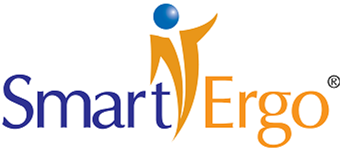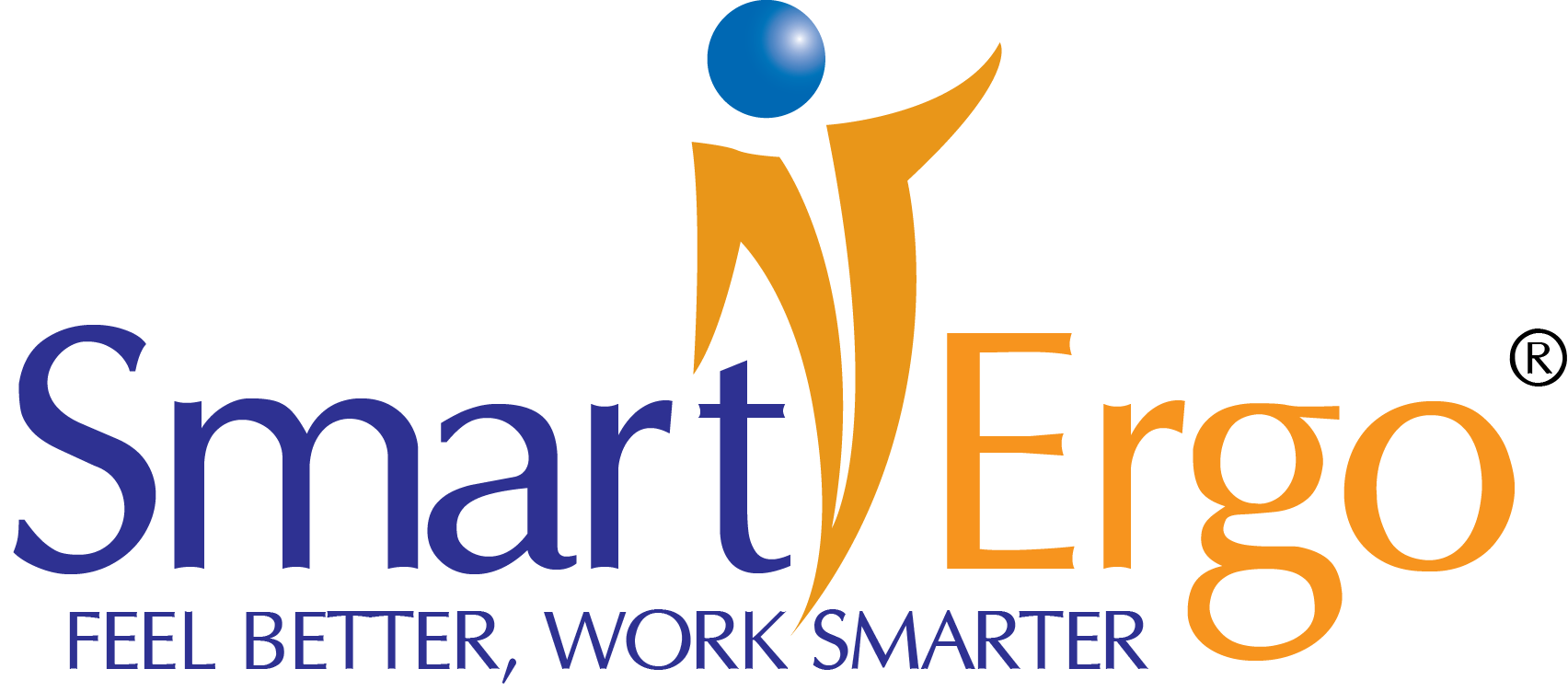
It’s well-understood how chronic stress inflicts many impacts on employees, management, processes, collaboration and of course the bottom line – so how do experts leverage Ergonomics Best Practices to help employees learn to cope and live with it more comfortably? In search of simple mitigation strategies, we’ll explore how stress directly factors into the development of Musculoskeletal Disorders and why employers are justifiably concerned as we soon enter the second half of 2024.
Beyond psychosocial stress in our work life, you hardly need a degree in climate change to know we’re in a difficult epoch.
Your intrepid author came across a brief Cleveland Clinic article and video “How Stress can Impact the Body“ which reviews some of the most basic physical impacts of chronic stress. Beyond psychosocial damage, a recent EU-OSHA paper (cited with link below) stated “There is clear evidence that psychosocial risk factors play a causal role in the development of musculoskeletal disorders (MSDs) in the workplace.”
For these and many other good reasons, employee stress has become an important mission-critical priority on the radar of leadership who are concerned about Musculoskeletal Disorders, organizational effectiveness and wellness.
There have been many studies examining the linkages between Psychosocial Stress and MSDs. More recently in the past few years, several studies have reviewed findings from many of the research projects over decades. A recent study “Workplace Psychosocial Factors and Their Association With Musculoskeletal Disorders: A Systematic Review of Longitudinal Studies” concluded “Review of the articles included in this article supports the theory that MSDs have a multifactorial, complex etiology that includes psychosocial factors. Interventions to enhance psychosocial work environment provide opportunities to reduce the risk of MSDs.“
Related to this, another Cleveland Clinic study “Habits of Mentally Healthy People” found remarkable impacts on people’s mental health from taking multiple brief breaks throughout the day for activities that relieve stress, depression, and/or anxiety.
From the report: “Americans are finding these “moments” more effective than more extended periods of mental health-boosting activities.“
In fact, seven out of ten Americans (70%) report that taking these shorter breaks throughout the day was more beneficial for maintaining and improving their mental wellbeing than taking one 30- to 60-minute break.
Unfortunately, with the increased cadence and demand of the times, it’s difficult at best, if not impossible, for most people to remember to recharge from these very brief short health breaks while working.
Stress, A Known Accelerant in The Development of MSDs
It’s been known for many decades that stress creates physiological responses, which have been the focus of a significant body of research over many decades. Research has conclusively determined that stress plays a significant role, as an independent variable, in the development of Work-Related Upper Extremity MSDs. Simply said, stress can play a significant role in the development of workplace discomfort and injuries of computer users.
We need to pause here and ask: “How can something you experience in your mind impact physical ergonomics, such as in the case of computer users which mostly driven by their behaviors of posture, activity and recovery time?” The answer has been widely researched and well-understood for many decades:
- Psychological stress triggers physiological stress including dilation of the pupils, increased heart rate, release of adrenaline and cortisol into the bloodstream, increased muscle tension plus adverse decreases in immune system response.
- Stress increases the duration of muscle activity while reducing the likelihood for tissue recovery thereby causing fatigue and inflammation.
- Understood through a pathophysiological lens, stress impairs circulation affecting the supply of oxygen and other nutrients to tissues while likewise impairing removal of waste products such as carbon dioxide and lactic acid.
- In fact, studies have shown that risk factors for neck-shoulder pain, arm-wrist-hand and back pain in computer workers consist of a mixture of physical and psychosocial conditions.
Beyond the innate physical pathology of musculoskeletal disorders and eventual workplace injuries of computer workers, this additional factor of “employee stress” prominently layers on top of the need of actively managing computer user behaviors including posture, movement and recovery time as an important organizational mitigation strategy and best practice.
Combining these factors in the holistic equation of Health and Wellness, left unchecked, something will have to give at some point in many employees and therefore will significantly impact the organization they’re employed by.

The Psychological Power of Pause – ‘Me Time’
Health and safety professionals clearly understand the vital importance of the behaviors of working in neutral postures and providing metabolic recovery time while working (microbreaks) to break up static postures. Beyond that, however, the value of microbreaks goes much further for employees and employers.
For decades, psychologists have studied people’s work behaviors and habits, publishing across the top peer-reviewed Psychological Journals. The studies have examined the impacts of providing brief recovery time while working, which any person can learn with the right approach.
What is most repeated and common in the research is how there are simple behavioral improvements which yield remarkable, reliable and sustainable gains in comfort, focus, fatigue and accuracy.
A representative article published in The American Psychological Association “Give me a break“ along with similar articles and papers, summarize the benefits of frequent brief microbreaks while working (1 or 2 minutes per hour) and their impact on physical and mental health:
- In our busy-loving modern society, too many of us have had the experience of eating lunch at our desks—or even working straight through the noon hour without sustenance, all in the name of tackling the items on our to-do lists. Unfortunately, powering through without a pause can do more harm than good, psychologists say.
- Taking regular breaks helps us to be more resilient when stressors arise, and they function as an intervention to help us deal with the daily grind.
- Stretching and physical activity have all sorts of benefits, including stress relief.
- The researchers found that workers who took breaks to do something they enjoyed reported fewer health symptoms such as headaches, eye strain and lower back pain. They also reported higher job satisfaction and lower rates of burnout.
- Without any downtime to refresh and recharge, we’re less efficient, make more mistakes, and get less engaged with what we’re doing.
- Taking regular breaks from mental tasks can give the brain time to think about the task and stimulate new ideas as well as make the task seem less tedious.
- Taking breaks can relieve eye strain that may occur from looking at the computer screen for a prolonged time.
- A stretch break for a few minutes can also improve circulation and reduce tension.
As with everything we do in our lives, it’s one thing to be aware of something we should do and quite another to make it a new long-term behavior where it becomes automatic. This applies to any human skill including music, sports and even wearing seat belts or healthfully working on our computers for 8-10 hours each workday. At the top of the list of successful approaches is to have a coach guide us to making new behaviors automatic.
ErgoSuite’s gentle behavioral coaching tools, for Windows and Mac, are widely implemented by the world’s most successful employers to help employees learn to automatically work with the desired behaviors of using neutral postures, taking micro-breaks while working and moving about periodically during their day to stretch and break up prolonged static postures.

